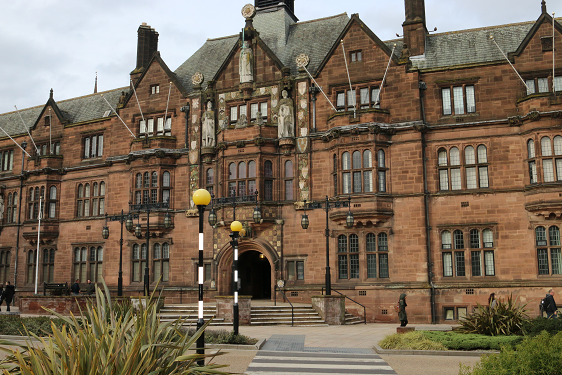Coventry City Council have proposed plans to increase council tax by 5% this year. This comes after councillors voted to increase their allowances by 2.75%.
Council Rich List
Coventry has the second highest allowance rate in the West Midlands with councillors paid more than £1m last year. The new increase will cost the council an extra £30,000. In addition, some councillors are claiming expenses for food, phone bills and travel costs.
The leader of the council George Duggins described the increase as “modest“. Cllr Duggins also said there should be a “clear synergy” between councillors and council employees. However, elected councillors are not council employees. He also said the council were not seeking a full review suggesting that this could have resulted in a higher increase.
More of the Same
What’s more, the deputy leader of the council Abdul Khan said “we are not asking for more money, what we are asking for is to continue the system as it has been operating for the past 20 years.”
Cllr Khan has previously rejected a petition to reduce the number of councillors and hold elections once every four years. This was in despite of a report stating that it could save £1m over 10 years. This arguably shows how our political systems are failing.
False Opposition
Furthermore, in a meaningless show of political posturing the Tories proposed a 1-year pay freeze as a “gesture of solidarity” with Coventry citizens. However, Labour councillors rejected the proposals.
In a further show of grievance, the Tories claimed that councillors received backdated payments before they had voted on it. However, the Tories still haven’t said if they returned these unwanted payments.
Financial Farce
Discussing the council tax increase, the cabinet member for city finance said the council still has “an ambitious capital programme“. This means the council are looking to buy other commercial businesses to generate new income. However, the council has already made losses of £2.4m in shares of Birmingham Airport and Coombe Abbey Hotel.
On top of this, funding for housing and homelessness has been cut by £1.5m. This is due to ‘increased options’ through temporary accommodation schemes. Does this mean the council thinks the city’s housing crisis has been solved?
However, funding for bin collections has been increased by the same amount. This is due to the increased demand expected from new homes built in the city.
Another insult to Coventry taxpayers is a deal to pay Ernest Jones (the jewellers under the ramp) £630,000 to quit their lease as part of the Upper Precinct regeneration scheme whilst owing £60,000 in rent. This doesn’t sound like a very good deal despite councillors saying that it is.
Democracy Matters
Any council tax increase of more than 2% requires a public referendum. However, this does not include the social care precept. This means the council does not need to hold one. A public consultation is open on the council’s website instead.
In the US, residents in Coventry, Rhode Island will vote for a third time this month on a proposed tax increase of 1.98%. The proposed budget also includes funding for a new economic specialist for the town. Perhaps our council could also do with one of them.

In times like these you want to take more money off people who can’t afford it. You disgust me. Try taking a 2.5% cut instead. It would be so bad if you people actually fine done thing to earn your wages. The city is an eyesore, we have record high in homeless, record high in crime, rubbish is strewn all around the city and we have a vermin problem. You are doing a great job and thoroughly deserve a pay rise NOT!
HANG YOUR HEADS IN SHAME
The other thing is that since COVID-19, the furlough scheme has seen many people household incomes drop by 20% and a lot of people have not had any pay rise in 2021, yet the council want even more money…
Why is Coventry Uni being allowed to spend so much money on contractors tearing up our city and leaving a complete mess with a lack of planning that means Cox Street has been partially closed twice in the last 6 months for 2 different sets of contractors when they could have worked together and done it in one longer job.